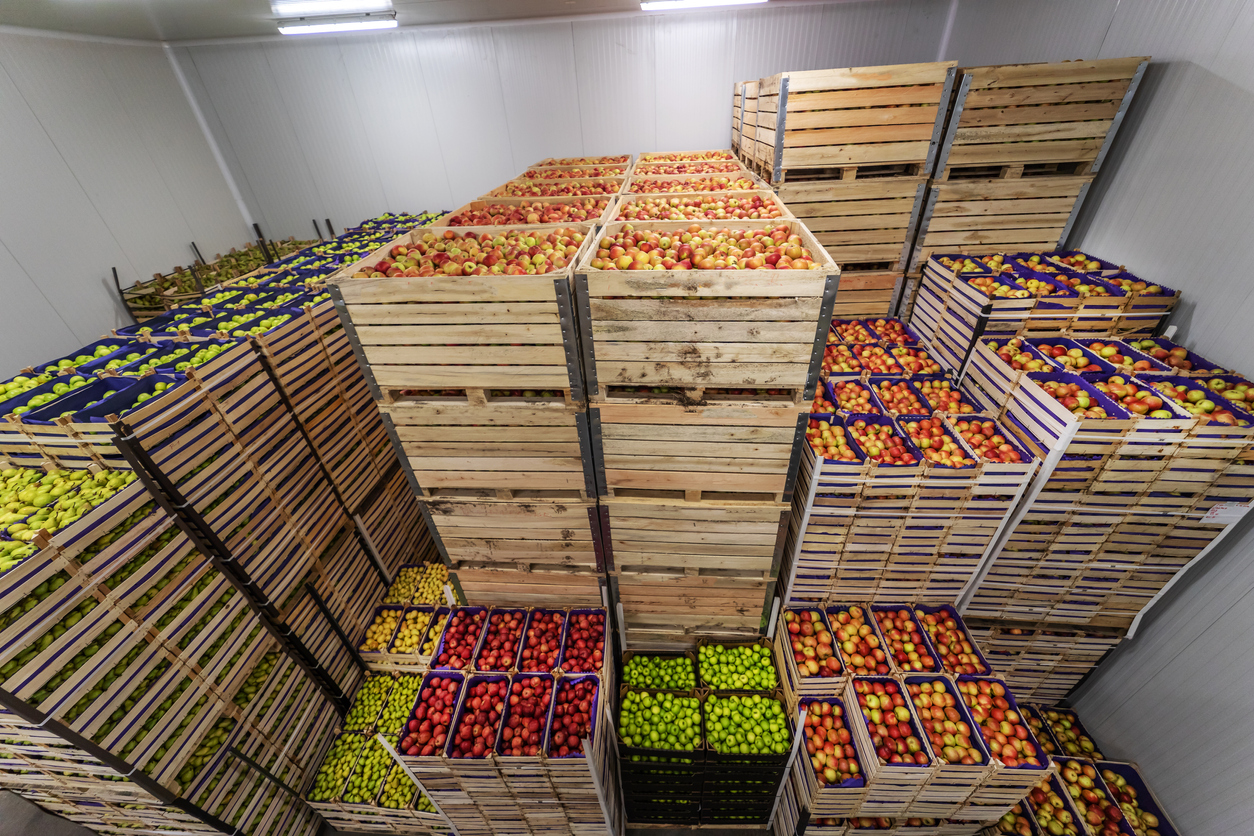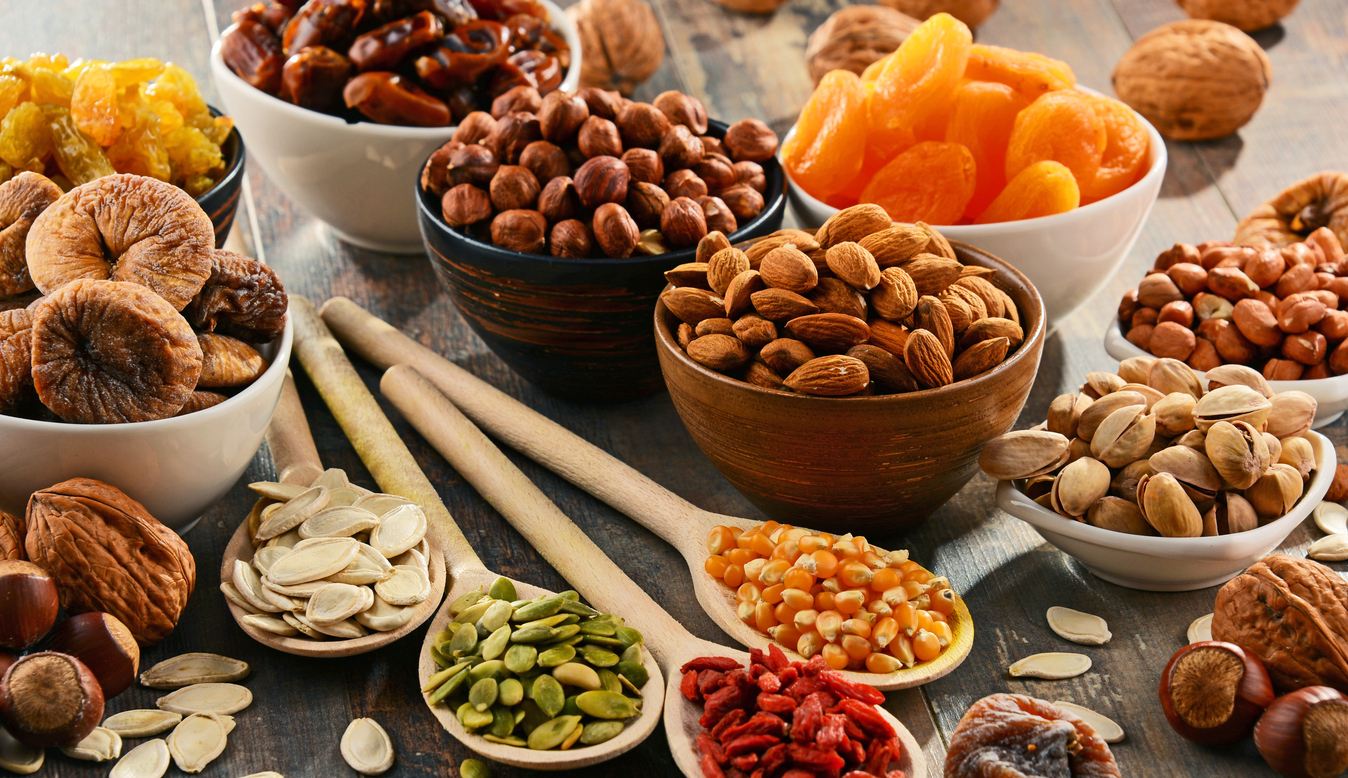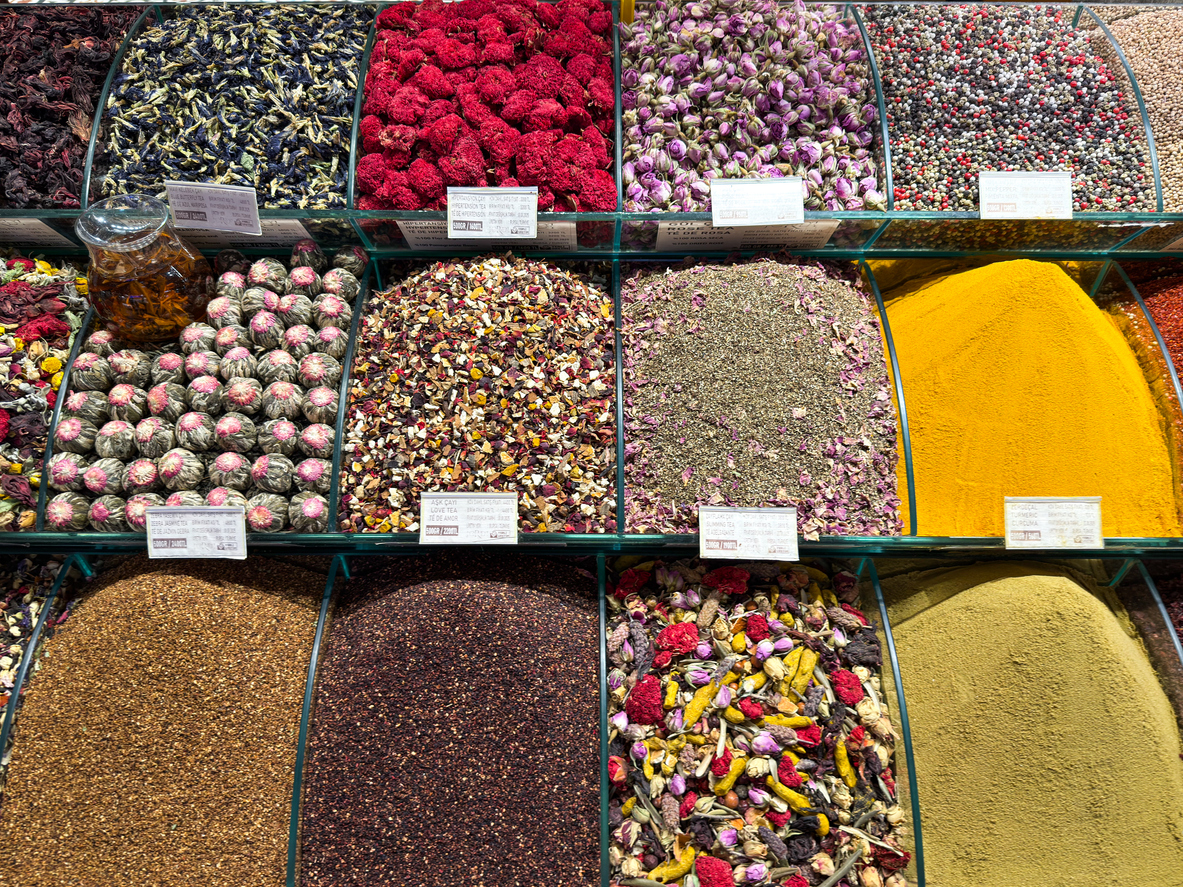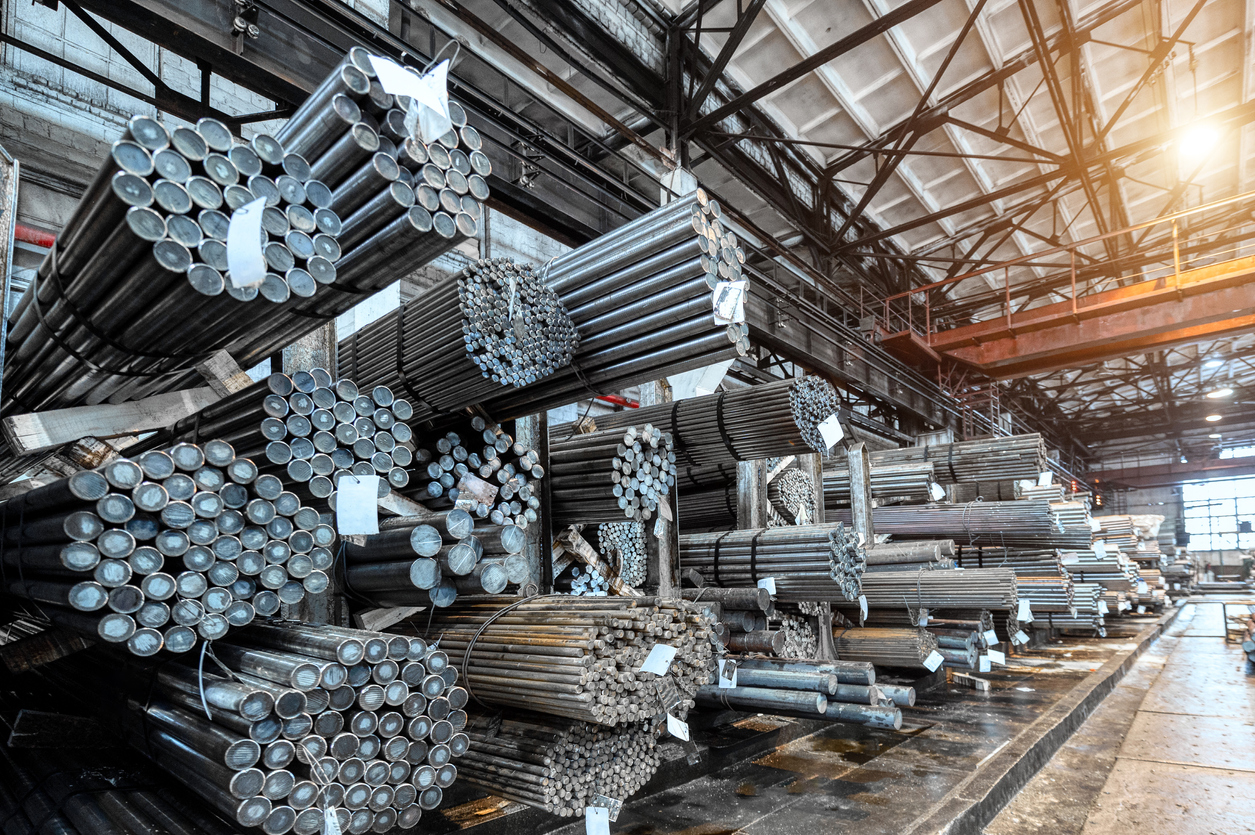How To Buy and Export Other Vegetables from Rwanda
How To Buy and Export Other Vegetables from Rwanda
Westerners may be obsessed with kale, but there are other less-famous veggies that are just as nutritious — and available — in Rwanda. In fact, the same fertile soil and cool climate that make it perfect for growing kale also make it perfect for growing all kinds of other crops. Supply chains for common Western vegetables, such as lettuce and carrots, are not as developed in Rwanda as they are with cabbage or kale. But by knowing where to look and what to ask for, exporters can still find plenty of opportunities to get other produce from Rwanda. The country has a variety of different root vegetables including carrots, radishes and onion. They also grow capsicum (peppers), eggplant, green beans, lettuce, spinach and tomatoes with several different varieties of each. These vegetable crops have their own separate supply chain from the one used for cabbages or kales; these are detailed below.
Finding the Right Growers
When buying from growers, exporters need to be sure that they choose the right growers for their business. This includes things like being sure the grower has the right climate for the product and that they are producing a quality product. For example, if you are looking to buy lettuce, you need to make sure the grower has the right climate and the right soil. Many Rwandan growers can produce lettuce, but they may need to bring in special soil to make it work. You also want to make sure the product is healthy and safe to eat. Most Rwandan farmers can produce a safe product, but you should make sure they know what sanitation standards you want them to meet.
How to Buy Vegetables in Rwanda
Many of the same terms and practices apply for buying produce as for buying cabbage or kale. The main difference is that you need to specify exactly what you are buying. For example, if you want to buy lettuce, you need to specify which types of lettuce you want to buy. This can be based on a variety that is already common in Rwanda or something more exotic. Similarly, if you want to buy green beans, you need to specify which type and variety you want to buy. And you likely want to specify the size of the beans as well as the colour. Keep in mind that these terms are in Kinyarwanda, the local language. While you may be able to find English equivalents for many terms, you may need to ask for help when negotiating.
Exporting Other Vegetables from Rwanda
Most of the other Rwandan produce can be exported in much the same way as cabbage or kale. However, exporters should keep in mind that these crops may have different supply chains. For example, carrots and other root vegetables are often grown together in the ground. This means that the whole lot needs to be sold as a single unit. If a buyer wants to buy half, they will have to pay for the whole lot. In contrast, lettuce is often grown in fields with fences between them. This allows buyers to purchase as much or as little as they want. And they can choose the exact size and colour they want.
Export Process for Other Rwandan Produce
When exporting other Rwandan produce, the main difference is that you will need to get it inspected at the border. This will be done by the relevant government authority. Carrots, onions, peppers and tomatoes will go through the National Inspection and Certification Services (NICAS). All other produce will go through the Agriculture Transformation and Commercialization Service (ATECS). You will need to make sure that your produce is clean and meets the required standards for safe produce. This means it will need to be washed and sanitized. You will also need to ensure that your packaging meets the required standards.
Lettuce and other leafy greens
For lettuce and other leafy vegetables, the main difference between cabbage and other vegetables is that they are grown in fields with fences between them. This makes them easier to harvest and less labour intensive. This also means that buyers can select exactly the amount and type of lettuce they want. They can choose the colour, the size, and even whether they want to take the root. This also makes it easier to ship the lettuce. Exporters can simply cut the lettuce or the whole head of lettuce from the soil and wrap the roots in a towel to keep the dirt from falling out. When selling lettuce, exporters will often want to avoid selling it in bunches. This is because it makes it easier for the customer to resell the lettuce without traceability.
Carrots and other root vegetables
Carrots, onions and other root vegetables are often grown in the ground as a single unit. This means that buyers will have to buy the whole lot of carrots or other root vegetables. They can choose the colour and size, but they have to take the whole lot. This makes it a bit more difficult to sell on the side of the road. Exporters may want to sell these products in an organized market where they have the chance to select their own customers. Alternatively, they may want to sell these products to a large buyer who can help them sell the product to smaller buyers. This can be difficult, as such a large buyer may have their own suppliers.
Eggplant and green beans
Like carrots, eggplant and green beans are often grown in fields with fences between the rows. This makes it easier to pick the produce and easier to transport it. However, the fences between rows make it impossible to sell the produce by weight. This means that the exporter will either have to sell the produce by the piece or sell it by the basket. These vegetables also have a long shelf life, making them a good choice for someone starting out in the industry or with limited funds. This also makes them a good choice for a company that wants to build its brand in Rwanda.
Conclusion
Other vegetables are just as important as kale when it comes to nutrition. In Rwanda, they are even more important because they are available all year round. Westerners may be obsessed with kale, but there are other less-famous veggies that are just as nutritious — and available — in Rwanda. Westerners may be obsessed with kale, but there are other less-famous veggies that are just as nutritious — and available — in Rwanda. In fact, the same fertile soil and cool climate that make it perfect for growing kale also make it perfect for growing all kinds of other crops. Supply chains for common Western vegetables, such as lettuce and carrots, are not as developed in Rwanda as they are with cabbage or kale. But by knowing where to look and what to ask for, exporters can still find plenty of opportunities to get other produce from Rwanda.








LEAVE A COMMENT
You must be logged in to post a comment.